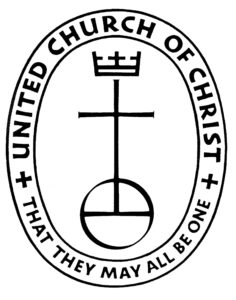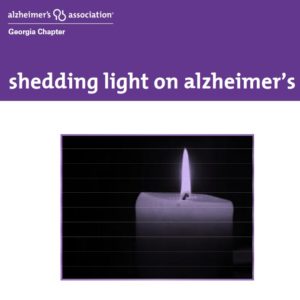
October 14th 2017 marks the tenth anniversary of my ordination to Christian ministry. I have served full time for fourteen years, but in Germany ordination is not granted until a few years into your ministry. How is an ordained person different from a non-ordained person? As far as God is concerned there is no difference because every Christian is a priest to the LORD. Ordination is a promise that professionals make to the church. For my tradition it is summarized in the Ordained Minister’s Code. It has wonderful guidelines for ministry and life in general:
The Ordained Ministry
I believe that God calls the whole Church and every member to participate in and extend the ministry of Jesus Christ; that the privilege of witnessing to the gospel in Church and society belongs to every baptized Christian; that God empowers the ministry of the Church and its members by the Holy Spirit; that the Church nurtures faith, evokes gifts, and equips its members for service; and that God calls certain of the Church’s members to various forms of ministry in and on behalf of the church.
I have been called by God to be a minister of the Lord Jesus Christ and ordained by the United Church of Christ to preach and teach the gospel, to administer the sacraments and rites of the Church, and to exercise pastoral care and leadership.
I will seek to witness to the ministry of Jesus Christ.
I will preach and teach the gospel without fear or favor. I will speak the truth in love.
I will administer the sacraments and rites of the Church with integrity.
I will diligently perform the work of ministry which I have agreed to perform.
Partnership in Ministry
I will nurture and offer my gifts for ministry to the Church. I will seek to call forth and nurture the gifts of others in the Church and join their gifts with mine for the sake of the mission of Jesus Christ and the health of the Church.
I will seek to understand, support and interpret the diverse ministries of the Church and its members as carried out throughout the world. I will stand with those who risk personal well being because of actions taken in response to their Christian convictions.
I will work cooperatively and collegially with those whom I serve in the particular ministry to which I have been called.
I will stand in a supportive relationship with my colleagues in ordained, commissioned, and licensed ministry, offering and receiving counsel and support in times of need.
I will be an advocate for fair standards of compensation for all ordained and lay employees of the church, particularly in the place where I serve.
I will be a responsible participant in the life and work of my Association, Conference, and the United Church of Christ.
I will be a responsible representative of the Church Universal and participate in those activities which strengthen its unity, witness and mission.I will seek the counsel of the Conference or Association Minister or the Association Committee on the Ministry should divisive tensions threaten my relationship with those with whom I minister.
The Ethics of Ministry
I will regard all persons with equal respect and concern and undertake to minister impartially.
I will honor all confidences shared with me.
I will not use my position, power, or authority to exploit any person.
I will not use my position for personal financial gain, nor will I misuse the finances of the institution which I serve.
I will not perform pastoral services within a parish or for a member of a parish without the consent of the pastor of that parish.
I will deal honorably with the record of my predecessor and successor.
I will not, upon my termination and departure from a ministry position, interfere with nor intrude upon the ministry of my successor.
Growth in Ministry
I will encourage and participate in the regular evaluation of my ministry.
I will seek to grow in faith, knowledge and the practice of ministry through intentional continuing education, study and devotional life.
I will cooperate with my Association in the periodic review of my ordained ministerial standing.
Commitments to Self and Family
I will live a life which honors my commitments to my family.
I will honor my need for time for physical and spiritual renewal, recreation and vacation.
I will honor my family’s need for privacy and time together.
I will be a responsible steward of my personal and family finances. I will honor and accept responsibility for all debts which I incur.
I will attend to my physical well being and avoid abusive behaviors and abusive use of substances.
Relying on the grace of God, I will lead a life worthy of the calling to which I have been called.








